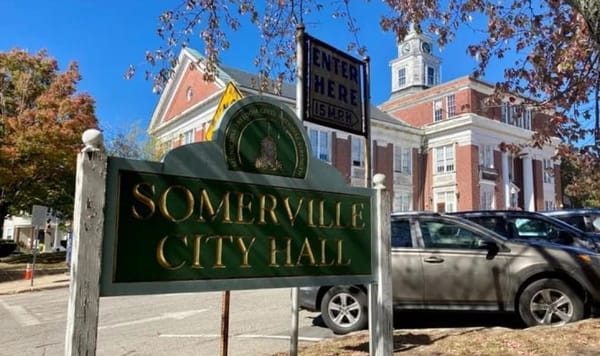Carolina West Wireless Wants More USF Support
The company said it may have to shut down money-losing cell towers.

WASHINGTON, June 10, 2024 – A small regional wireless carrier is telling the Federal Communications Commission it may have to decommission cell towers in western North Carolina without more subsidy support from the agency.
Carolina West Wireless serves rural areas of the western portion of the state with mobile service and fixed wireless home broadband. In parts of its network, the company does so at a loss, according to its request.
“Carolina West's services support public safety operations in the region, as well as consumers who depend upon mobile connectivity for 911 access and remote health care connectivity,” the company wrote. “Absent exceptional circumstances that cannot be surmounted, Carolina West is not about to decommission money-losing sites and leave behind rural citizens that depend on its services.”
The company added, “But make no mistake, the circumstances presented [in the request] are exceptional.”
The public draft of the documents redacted the exact number of money-losing towers, as well as the areas and subscribers for whom Carolina West is the sole broadband or mobile provider.
The company has been receiving support since 2006 from the agency’s Universal Service Fund, which spends about $8 billion annually subsidizing rural broadband and voice service infrastructure, as well as discounting internet bills for schools, low-income households, and healthcare providers.
Carolina West’s annual support has been reduced as the agency phased out legacy support mechanisms in favor of competitive auctions. FCC support was down from more than $3.1 million to about $690,000 per year since 2014, according to FCC data.
On top of that, Carolina West won a one-time sum of nearly $20.8 million in 2012 to construct new cell towers for mobile service as part of the FCC’s Mobility Fund Phase I. The agency had planned a second phase to provide ongoing support for those kinds of builds, and Carolina West had planned to participate, but it never got off the ground.
That meant a number of towers constructed with the money operated at a loss and might need to be decommissioned, the company wrote. Those have largely not been upgraded with 5G equipment, as the company has focused those efforts in areas that provide some level of return.
“The FCC never undertook MF-ll as it intended, a process that Carolina West intended to participate in, nor has the FCC provided supplemental operations expense support for MF-I facilities,” Carolina West wrote.
In total, the company is asking the agency for enough money to break even for five years at the money-losing cell sites it built with Mobility Fund money.
The company reiterated that it does not intend to immediately shut down its money-losing cell towers without the additional support, citing the public safety implications in areas where it is the only provider, but it said the towers were all “candidates for decommissioning.”
The company’s CEO Slayton Stewart also serves as the chairman of the board of CTIA, the wireless industry’s major lobbying group.
FCC Chairwoman Jessica Rosenworcel has proposed to allocating $9 billion in USF money over the next 10 years for expanding mobile coverage in a reverse auction, but the plan has been met with resistance by some rural providers.
They argued the reverse auction model could leave stranded infrastructure that cannot be maintained without existing USF support.
Carolina West evidently agreed.
“Even if Carolina West wins an amount of support at the 5G Fund auction sufficient to fund 100 percent of the capital cost of upgrading facilities in the region to 5G, that will not cover the continuing and ongoing operating losses at the remote cell towers that are the subject of this petition,” the company wrote.








